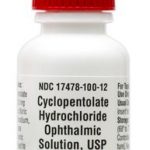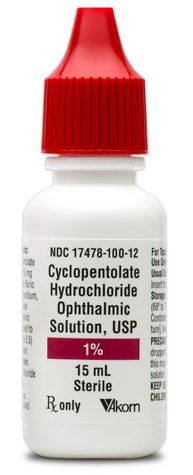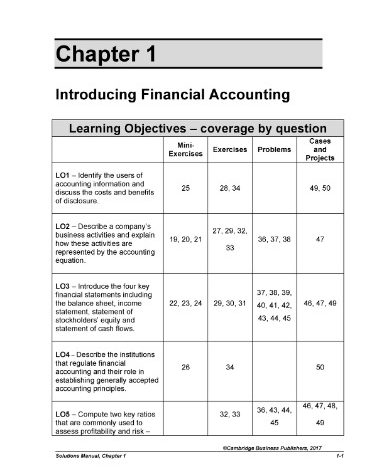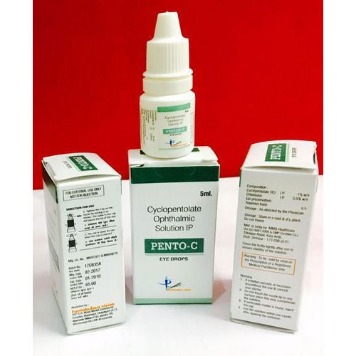In people, a number of coronaviruses are recognized to cause respiratory infections starting from the common cold to more extreme diseases corresponding to Middle East Respiratory Syndrome (MERS) and Severe Acute Respiratory Syndrome (SARS). The most recently discovered coronavirus causes coronavirus disease COVID-19.
CDC encourages people who are properly to continue to donate blood if they are ready, even when they are practicing social distancing because of COVID-19. CDC is supporting blood facilities by offering recommendations that will keep donors and workers protected. Examples of those recommendations embrace spacing donor chairs 6 ft apart, completely adhering to environmental cleansing practices, and encouraging donors to make donation appointments ahead of time. There are many types of human coronaviruses together with some that generally cause delicate higher-respiratory tract illnesses. COVID-19 is a brand new illness, triggered be a novel (or new) coronavirus that has not previously been seen in people.
CDC recommends you stay home as a lot as attainable and practice social distancing. Traveling to go to friends and family increases your probabilities of getting and spreading COVID-19. It is feasible for somebody to have COVID-19 and spread it to others, even when they have no symptoms.
Do vaccines against pneumonia protect against the coronavirus disease?
For initial diagnostic testing for COVID-19, the CDC recommends collecting and testing an upper respiratory specimen.
For more info and travel guidance, check with the state or native well being department where you might be, along your route, and at your planned destination. Just as a result of there are not any restrictions on the time you propose to depart does not mean there won’t be restrictions in place if you arrive. If you’re a healthcare provider, use your judgment to find out if a patient has indicators and signs appropriate with COVID-19 and whether or not the affected person must be tested. CDC’s Criteria to Guide Evaluation and Laboratory Testing for COVID-19 provides priorities for testing sufferers with suspected COVID-19 infection. The key to slowing the spread of COVID-19 is to restrict contact as much as attainable.
Getting infected may be particularly harmful when you or your family members are at greater risk for severe complications from COVID-19. People at higher threat for problems need to take extra precautions. If you must journey, comply with any state and local travel restrictions presently in place. It is feasible that some state and local governments may put in place journey restrictions, keep-at-home or shelter-in-place orders, mandated quarantines upon arrival, or even state border closures while you are touring.
COVID-19 is mainly unfold via droplets produced when an infected particular person coughs, sneezes, or speaks. Medical masks and respirators such as N95, FFP2 or equivalent are really helpful for and ought to be reserved for, healthcare staff while giving care to sufferers. Close contact with folks with suspected or confirmed COVID-19 and their surrounding setting are the main routes of transmission, which implies healthcare staff are essentially the most uncovered.
Can pets get the coronavirus disease?
See full answer At this time, there is no evidence that companion animals, including pets, can spread COVID-19 to people or that they might be a source of infection in the United States. To date, CDC has not received any reports of pets becoming sick with COVID-19 in the United States. Pets have other types of coronaviruses that can make them sick, like canine and feline coronaviruses. These other coronaviruses cannot infect people and are not related to the current COVID-19 outbreak.
However, since animals can spread other diseases to people, it’s always a good idea to practice healthy habits around pets and other animals, such as washing your hands and maintaining good hygiene.
Older people, and those with underlying medical problems like high blood pressure, heart and lung issues, diabetes, or cancer, are at greater threat of growing critical illness. However, anyone can catch COVID-19 and turn out to be seriously ill. People of all ages who expertise fever and/or cough associated withdifficulty respiratory/shortness of breath, chest ache/pressure, or lack of speech or movement ought to seek medical consideration instantly. If possible, it is strongly recommended to call the health care supplier or facility first, so the affected person can be directed to the best clinic. Coronaviruses are a large household of viruses which may trigger illness in animals or humans.
The identify of this illness was chosen following the World Health Organization (WHO)best practiceexternal icon external iconfor naming of latest human infectious ailments. Several dogs and cats (home cats and a tiger) involved with infected humans have examined optimistic for COVID-19. In addition, ferrets appear to be vulnerable to the an infection.

Most people (about 80%) recover from the disease without needing hospital treatment. Around 1 out of each 5 people who will get COVID-19 becomes significantly unwell and develops issue respiratory.









More Stories
Cyclopentolate Ophthalmic
Which Of The Following Is An Indication That A Product Price System Is Not Working Correctly?
Change Your Subscription From Apple